Kinhtedothi - The Government has just issued Resolution No. 37/NQ-CP dated February 27, 2025 promulgating the Plan to implement the National Marine Spatial Planning for the period 2021 - 2030, with a vision to 2050 (Plan).
The Government has just issued Resolution No. 37/NQ-CP dated February 27, 2025 promulgating the Plan to implement the National Marine Spatial Planning for the period 2021 - 2030, with a vision to 2050 (Plan).
The purpose of the Plan is to specify the viewpoints, goals, key tasks, breakthroughs, orientations, solutions and important national projects approved by the National Assembly in Resolution No. 139/2024/QH15 dated June 28, 2024, effectively implementing the National Marine Spatial Planning for the period 2021 - 2030, with a vision to 2050.
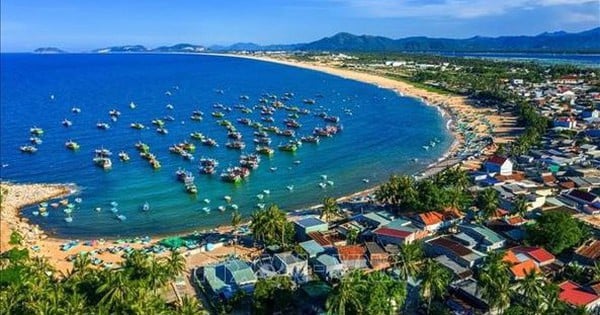
Identify the roadmap and resources for implementing programs and projects to implement the National Marine Spatial Planning for the 2021-2030 period, with a vision to 2050, in order to resolve and handle conflicts and spatial overlaps in the exploitation and use of marine resources; promote the development of marine economic sectors, marine and coastal infrastructure; protect and preserve natural values, cultural and historical heritages in coastal areas and seas of Vietnam; remove bottlenecks, obstacles, and inadequacies, and continue to attract social resources in implementing the planning.
Building and implementing a set of policy criteria for national development that is strong in the sea and rich from the sea
One of the key tasks of the Plan is to build and perfect institutions and policies. Specifically, review and amend the Law on Marine and Island Resources and Environment, relevant laws and legal documents to ensure consistency and improve the effectiveness and efficiency of management, exploitation and use of resources, and protection of the marine and island environment. Develop and implement an inter-sectoral coordination mechanism on marine management and organize the implementation of the National Marine Spatial Planning.
Develop criteria and regulations for handling overlapping and conflicting areas in order of priority in the exploitation and use of marine space that has not been determined in the National Marine Spatial Planning. Develop and implement a set of policy criteria for national development that is strong in the sea and rich from the sea.
Develop and promulgate guidelines and regulations for implementing local-level marine space zoning. Develop and promulgate policies for developing clean energy, renewable energy and new marine economy, in conjunction with implementing the Strategy for sustainable development of Vietnam's marine economy.
Developing coastal, marine and island infrastructure to serve the development of marine economic sectors
Another key task of the Plan is to develop coastal, marine and island infrastructure to serve the development of marine economic sectors. In particular, accelerate the implementation of programs, projects and tasks on coastal, marine and island infrastructure development approved by the Government and the Prime Minister through national sectoral plans, regional plans and other related plans, especially seaports and transport connecting seaports with the mainland; synchronously develop the system of airways, railways, roads, seaways, inland waterways and logistics services associated with the development of the shipbuilding and maritime transport industry.
Building a multi-purpose, dual-use, synchronous, modern coastal and island infrastructure system that adapts to climate change and rising sea levels. Building multi-functional logistics service facilities on offshore islands following the combined civilian-military model in developing the marine economy, associated with the task of protecting national sovereignty at sea.
Digital transformation, perfecting the database system, monitoring the exploitation and use of national marine and island resources and environment. In the immediate future, focusing on building and perfecting the Technical System to support state management activities on the allocation and use of sea areas and monitoring dumping at sea in a synchronous and unified manner.
Research and develop new marine economic sectors, in the direction of green, low-carbon circulation
The plan also sets out a group of tasks to build and develop a system of national sea and island tourism products in a green, sustainable and responsible manner, associated with the development of sea resort centers; improve the cultural and social life of coastal and island residents; preserve and promote natural, cultural, historical and national identity values on the basis of the Tourism System Planning for the period 2021 - 2030, with a vision to 2045, approved by the Prime Minister in Decision No. 509/QD-TTg dated June 13, 2024.
Establishing records of inventory and ranking of relics at provincial, national and special national levels; inventorying and including intangible cultural heritage in the List of national intangible cultural heritage, world heritage and documentary heritage, in order to preserve values, promote historical traditions and maritime cultural identity along with building a cohesive and sea-friendly society.
Effectively implement the Project on developing marine aquaculture to 2030, with a vision to 2045, approved by the Prime Minister in Decision No. 1664/QD-TTg dated October 4, 2021, in the direction of green, circular, low-carbon, high resilience, associated with marine conservation and marine culture, ensuring compliance with the orientation of the National Marine Spatial Planning.
Research and application of artificial intelligence in coastal infrastructure development
Developing science, technology, human resources and international cooperation on seas and islands is also a key task that will be implemented.
Specifically, research and development of new and potential marine economic sectors will be enhanced (marine pharmaceuticals, marine medicine, marine chemistry, new materials). Research and development of greenhouse gas recovery and storage industry in sedimentary basins and offshore geological structures will be conducted.
Research and apply information technology, digital technology, and artificial intelligence in coastal, marine, and island infrastructure development activities; develop new marine economic sectors.
Develop and implement the Project on Training and Development of National Marine Human Resources to 2030, with a vision to 2050, with special attention paid to the fields of marine tourism and services, maritime economy, marine mineral exploitation, fisheries, coastal industry, renewable energy and new marine economic sectors in the direction of green, circular, low carbon emissions... to serve the needs of sustainable development of the marine economy, aiming at effective and sustainable management, exploitation and use of marine resources and contributing to ensuring national defense and security of the sea and islands.
Source: https://kinhtedothi.vn/ke-hoach-thuc-hien-quy-hoach-khong-gian-bien-quoc-gia-tam-nhin-den-nam-2050.html




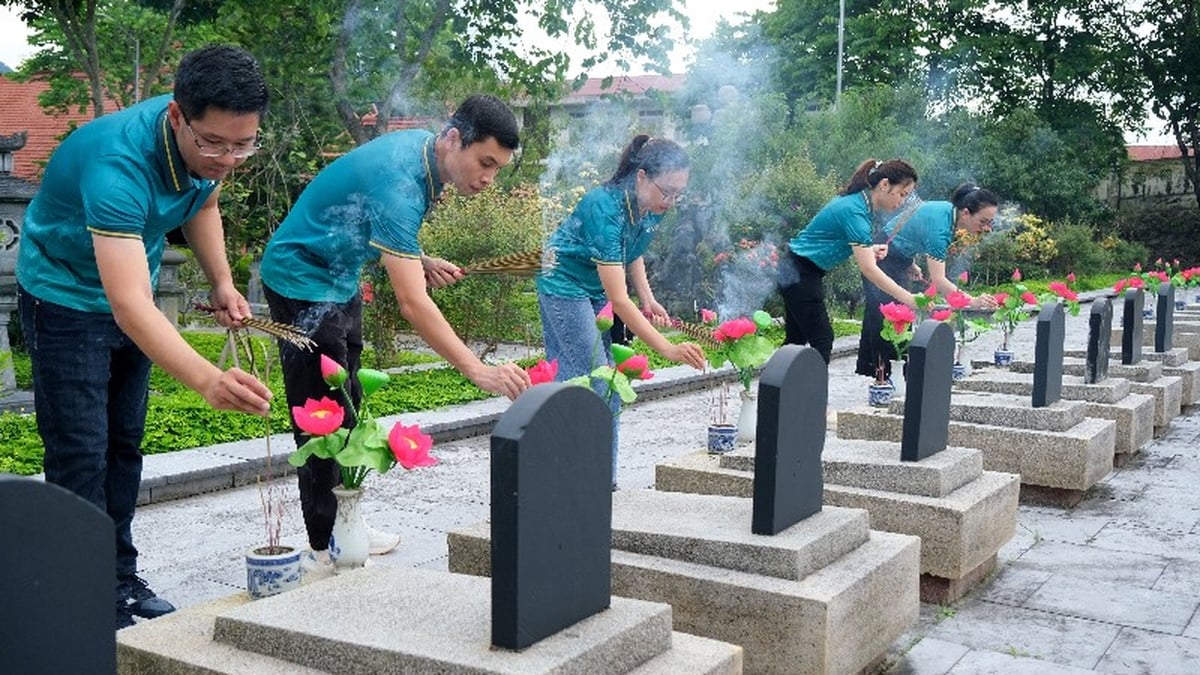


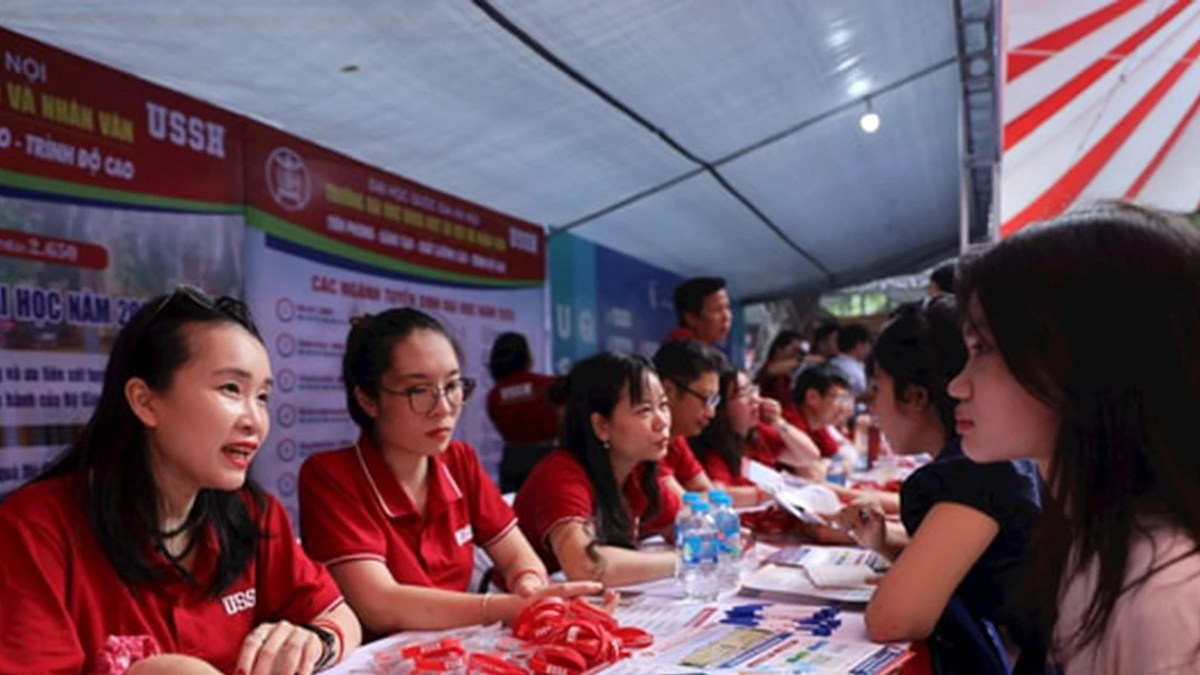
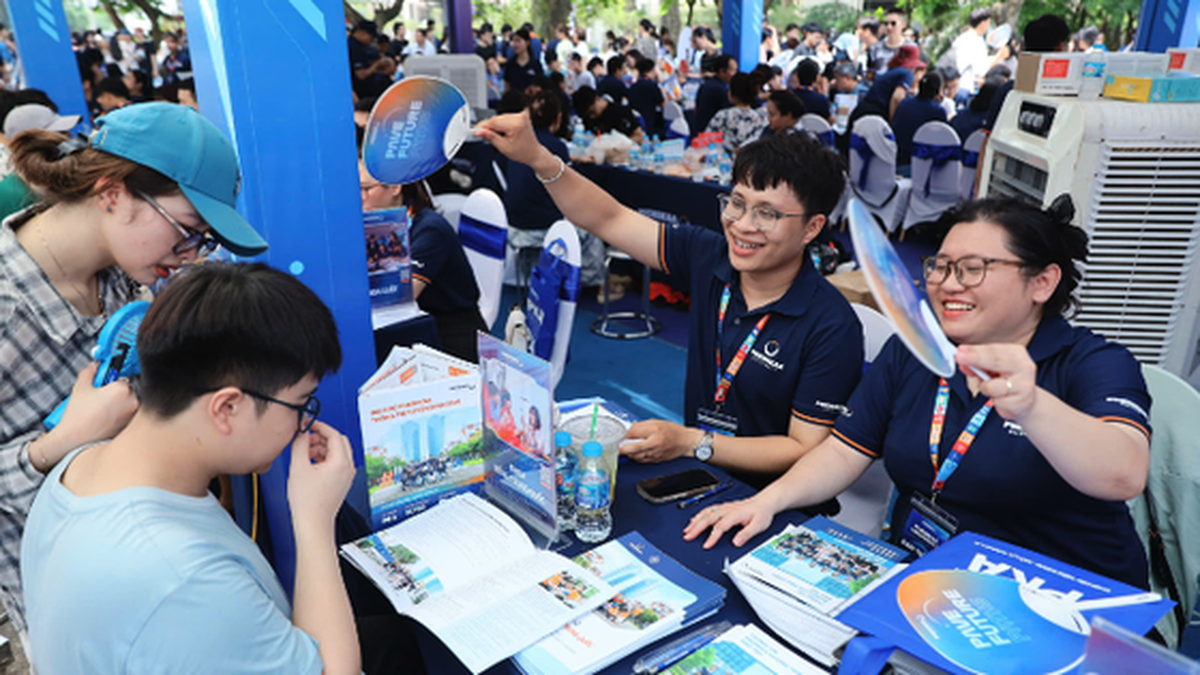

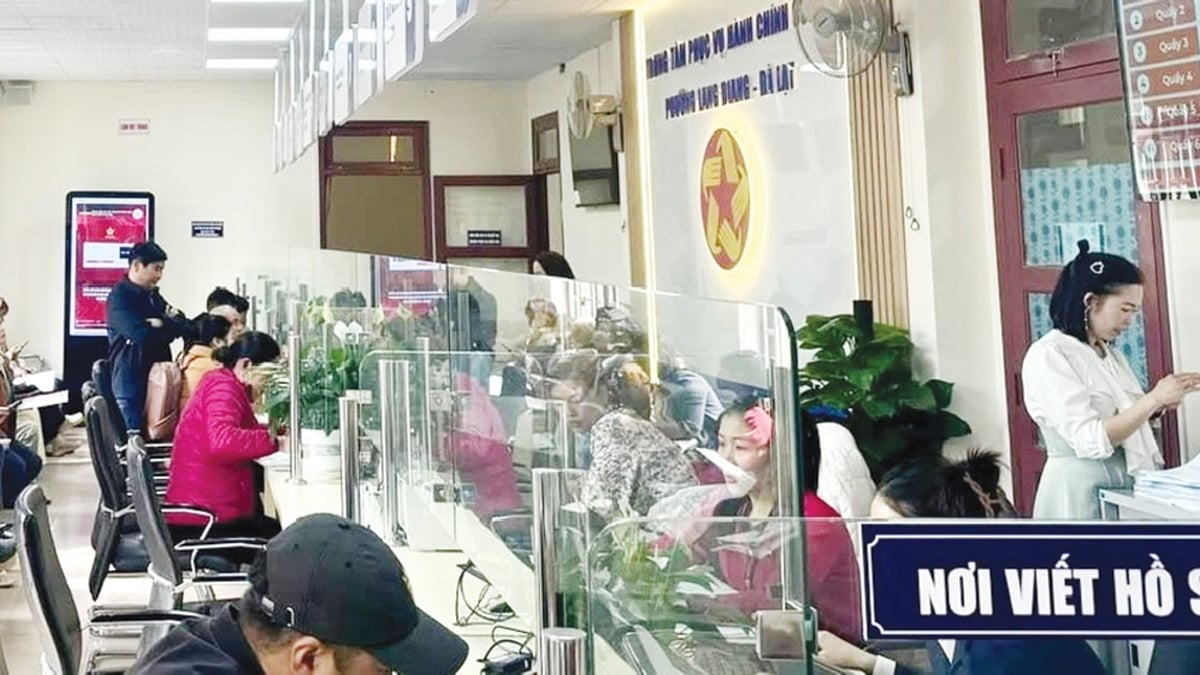
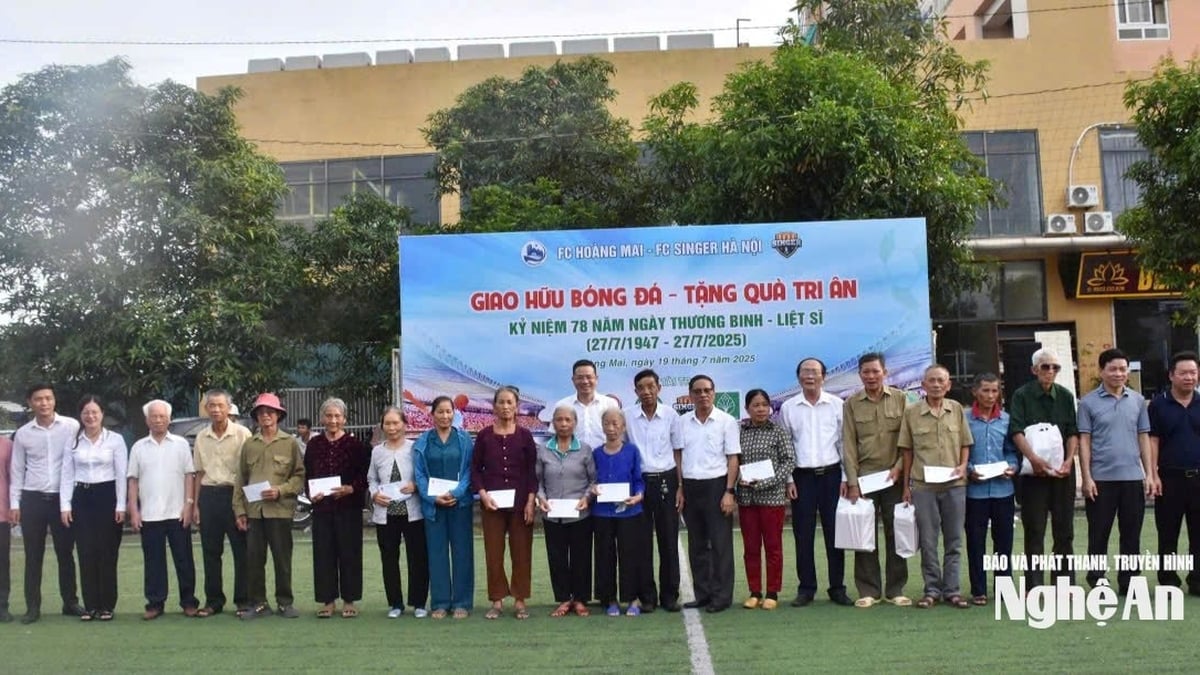























































































Comment (0)